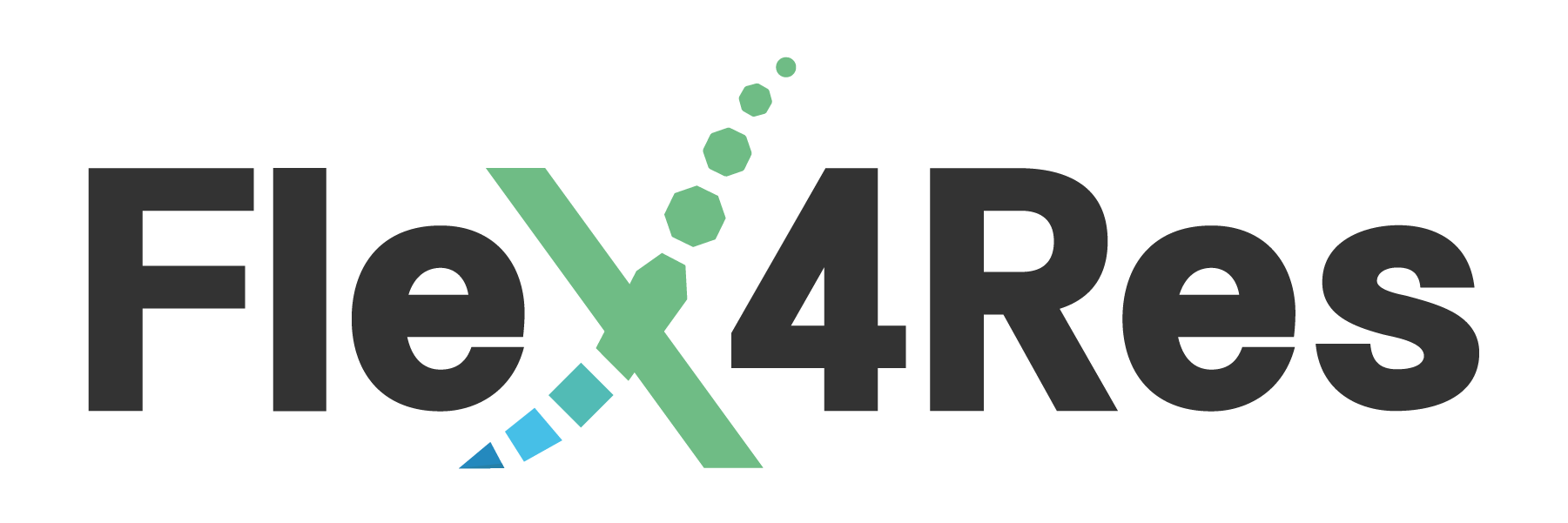Reconfiguration measures after a tool change
Use case with Hans Berg GmbH & Co. KG
Hans Berg GmbH & Co. KG produces deep-drawn parts and metallic tubular components for the heating and automotive industry.
The challenge
Adjustment measures are necessary when a tool or material has changed. Currently, it is performed manually, its duration and success depend on the experience of the employee executing it. Due to manual operation and several trials in adjustment, a high amount of material is turned into scrap. The adjustment measures are derived according to the defect pattern due to the absence of necessary information from inside the tool. The knowledge generated by an expert in reconfiguration and tool adjustment is tied to one product and can only be transferred to other products to a limited extent.
The vision of the future process

A smart tool with sensors and the recording of manual tool adjustments using human motion capture will support the adjustment measures and reconfiguration needs. Artificial intelligence will compare the information with a knowledge base that links faults to successful coordination measures. With the support of a reconfiguration toolbox for the human assistance system, which incorporates a fuzzy Case-Based Reasoning system and deep learning algorithms, the worker will be guided through the reconfiguration tasks. Further, the relevant data will be shared on dataspaces like Gaia-X. This will reduce the amount of produced defective components, the time required to reconfigure the tooling and the need for the experience required to perform the adjustment tasks.
Involved project partners
- Universität Siegen (Germany)
- Technische Universität Wien (Austria)
- Technische Universität Darmstadt (Germany)
- Contact Software GmbH (Germany)
- Beia (Belgium)
